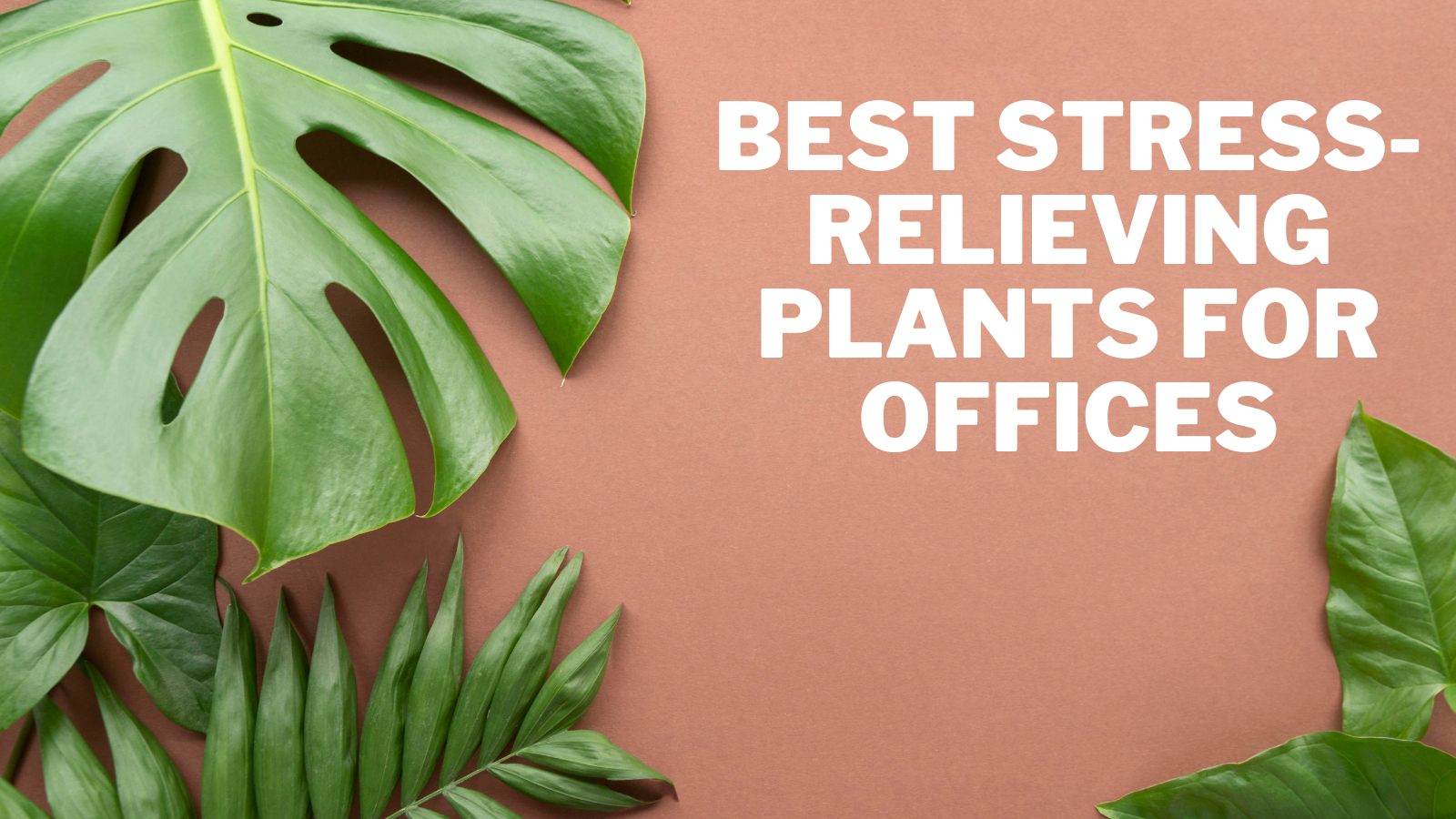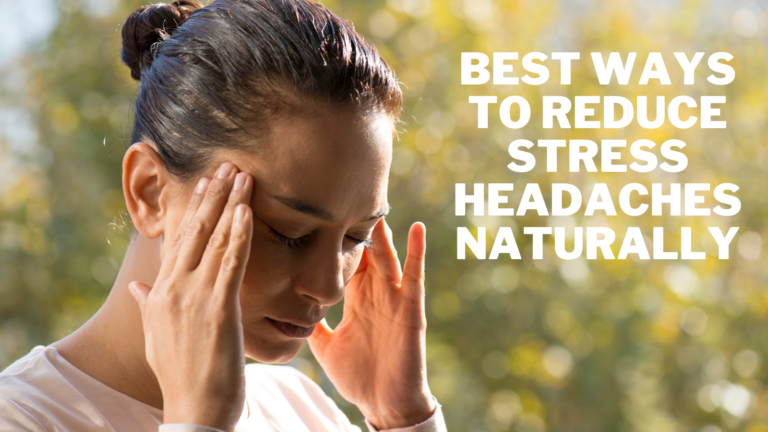How To Make Someone Relax
How To Make Someone Relax
At the end of life, it's normal for people to be depressed or find it difficult to relax. Their mood may shift from day to day.
It can be challenging to know what to do, but you can do some simple things to help the person you care for relax and become more comfortable.
1. Getting Used To It
If the person you are caring for spends much time in bed or on a chair, you may need to assist them in changing positions frequently.
This will keep them comfortable and prevent them from exerting too much strain on specific sections of their bodies.
You might also inquire about how you could improve the comfort of their room or residence. They may request that you modify the following:
- Change the room temperature and lighting
- Reduce any noise from other rooms in the house
- Add any items they want to display, such as photos of flowers
- Supply the things they need close at hand, such as their glasses, phone, or book

2. Activities That Are Relaxing
Allow the person's desires to lead you. Depending on who you ask, relaxing might mean a variety of things. Ask if they'd like to do anything, but don't put any pressure on them if they don't.
There may be moments when kids want to go outside and sit in the garden or the park. They may also want to watch TV, listen to music, or have conversations at other times. It might be nice not to do much at times.
3. Relaxation And Breathing Techniques
Simple relaxation techniques, such as breathing exercises and guided meditation, could be suggested to help the person focus less on their symptoms, relieve stress, and sleep better.
Physical contact includes holding their hand and stroking or touching their hands or feet. Before using any oils or creams, they should consult their doctor or district nurse, especially if they undergo radiotherapy or chemotherapy. If they're frail, apply very light pressure.
If they have any shiny patches of skin or swelling, they should see their doctor. Make an effort to be patient and sensitive.
Don't take it personally if they recently enjoyed having their hand stroked but don't want it today. Some people dislike being touched, mainly when they are ill.

4. Alternative And Complementary Therapies
Before you try complementary therapies, check with your doctor or a district nurse to see if they're appropriate for the person you care for.
Complementary therapies can be used in addition to regular medical care to help people relax.
- Aromatherapy is one in which essential oils are used in a warm bath or an oil burner.
- Reflexology is a sort of hand and foot massage.
5. If You Are Unable To Assist Them In Relaxing
It's frustrating when you've done everything and still can't get the individual to relax. You could:
- Ask if they're concerned about anything and want to talk to someone about it.
- Check whether their symptoms or discomfort have changed
- Get advice from their GP or healthcare team
- Talk to other people in similar circumstances in our online community.
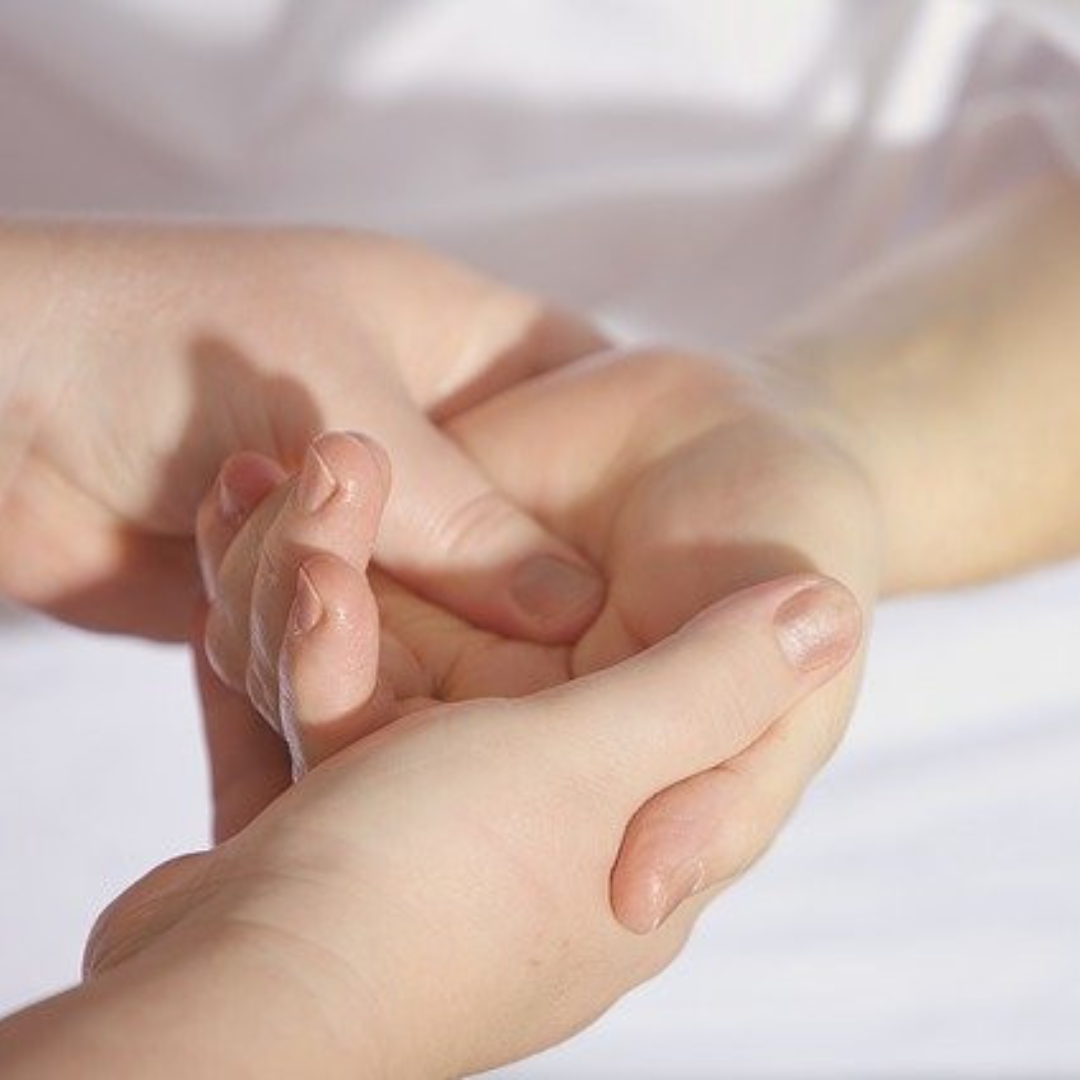
6. Emotions And Concerns
As the person's condition worsens, you may need to provide extra assistance. For both of you, this might elicit a wide range of emotions.
Some of the duties may be physically and emotionally challenging for you. The person you care about may experience a loss of control and confidence.
They may also be concerned about their dignity and privacy being jeopardized. Speak to your GP or district nurse if you have any worries or don't feel safe.
They may go through the choices with you and arrange for someone to assist with the person's care.
You might also request the assistance of a professional the first time you do a care duty. They may be able to provide you with help over the phone if they can't be there in person.

7. What Role May Relaxation Play In My Recovery?
When you're anxious or concerned, exploring relaxation may help you take care of yourself. Relaxation alone may not be enough to alleviate your tension or anxiety. However, it might provide a mental vacation from these emotions and assist you in refocusing.
There are several relaxing techniques available. Many may be completed in a short amount of time with little or no equipment.
Look at the suggestions and ideas below to discover how you may include relaxing into your routine. Don't be concerned if any suggestions don't work for you. Just take a look at the ones that do.
8. Take A Breather
Relaxation does not have to consume a large amount of your time. Moving away from a stressful situation for a few minutes or spending time away from your regular routines and thoughts may provide you with enough space and distance to feel more relaxed.
- Even if it's just for a few minutes, read a book or magazine.
- Take a bath,
- Watch a movie,
- Play with your pet, or
- Attempt a new cuisine.

9. Experiment With Active Relaxation
Relaxation does not have to entail being still. Relaxation may also be achieved via gentle activity.
- Go for a stroll at your own speed. You may go for a longer hike, but even a few minutes of walking might help you relax.
- Look for a yoga, Pilates or mild stretching class you want to try.
- If you're short on time, try some sitting exercises, which you can integrate into your day more efficiently.
- They may also be beneficial if mobility issues make other exercises difficult. You may try a variety of sitting exercises.
10. Pay Attention To Your Breathing
Learning to breathe deeply might make you feel much more relaxed. It just takes a few minutes to complete and can be done anywhere.
- Inhale deeply through your nose and exhale deeply through your mouth. Place your hand on your tummy and keep your shoulders down and relaxed. It should rise and fall as you breathe in and out.
- Count your breaths as you inhale. Begin by counting ‘one, two, three, four' while inhaling and ‘one, two, three, four' while exhaling. Try to figure out what you're most at ease with.

11. Be Inventive
Getting in touch with your creative side might help you relax and feel more tranquil.
- Experiment with painting, sketching, crafting, singing, dancing, baking, or sewing.
- Don't be overly concerned about the final output. Concentrate only on having fun.
12. Spend Time In The Outdoors
Spending time in green places and outdoors may benefit your physical and emotional well-being.
- If you have the opportunity, take a stroll in a green place, taking note of any trees, flowers, plants, or animals you come across.
- Spend some time helping to save the environment by digging in your garden or volunteering at a local green initiative.
Whatever mobility you have, you may discover crafts and outdoor activities that fit your needs. For additional information on identifying initiatives in your region, see our nature and mental health sections.
If you live in an area where getting to nature and green places is challenging, our guide on overcoming obstacles may be helpful.
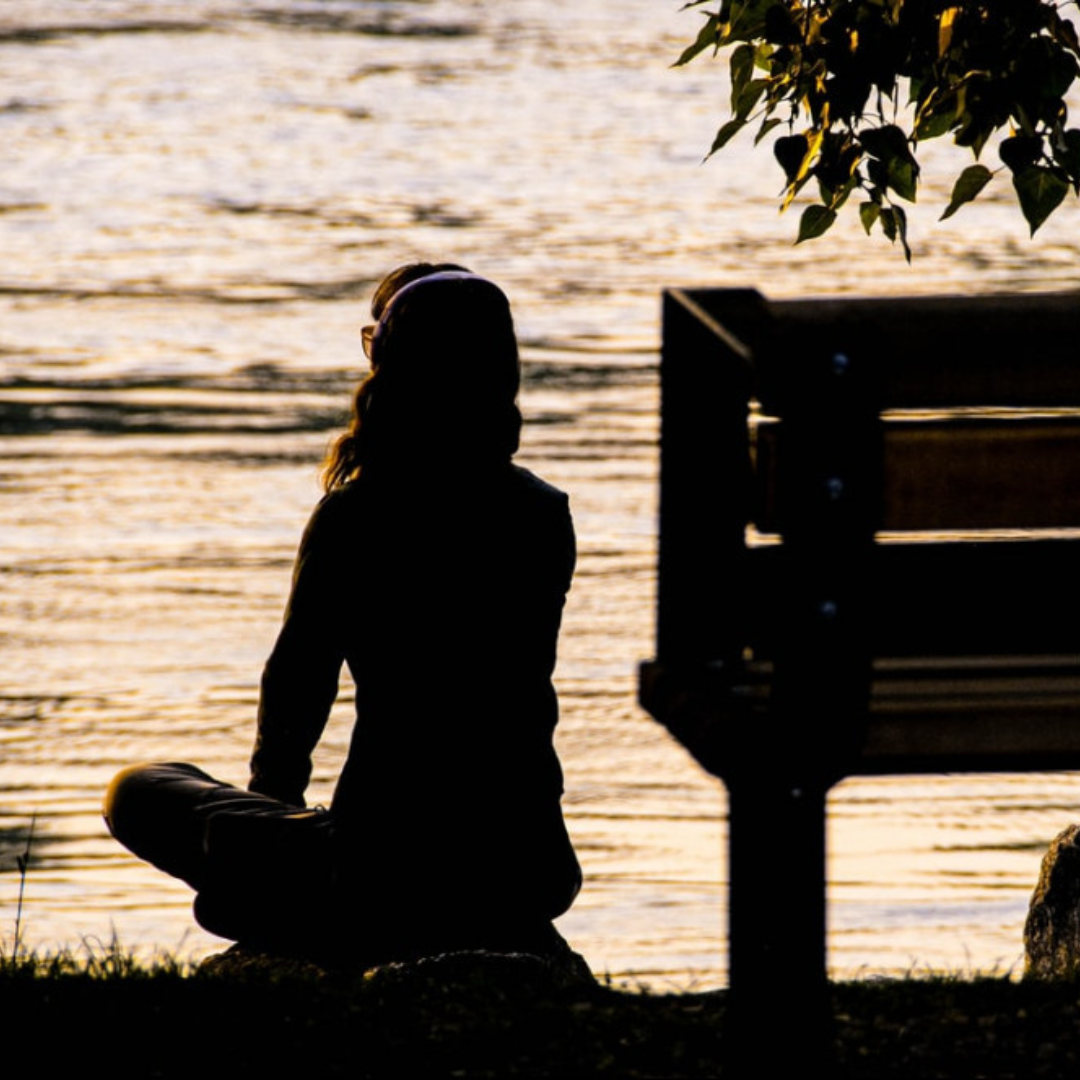
13. Visualize Yourself In A Peaceful Environment
Even if you cannot physically escape, your mind may transfer you to a relaxing location.
- Consider a pleasant and tranquil location. You might choose a recollection of a location you've visited or imagined a place.
- Close your eyes and consider the intricacies of this location. What does it resemble? What kind of colours and forms do you notice? Do you hear anything? Is it hot or cold? Allow your thoughts to wander and your body to relax.

14. Listen To Relaxing Music
Music can soothe you, link you to your emotions, and divert your attention away from anxious thoughts.
- Play some of your favorite tunes. You may join in the dancing or singing or just shut your eyes and relax.
- Pay attention to the music. Are you able to distinguish between various instruments? Is there a drum beat or a certain rhythm that you can hear? Concentrate on the music and let the rest of your thoughts melt away.
15. Conduct A Technical Examination
Technology may help connect you, but using it often can make you feel rushed and worried. Even if it is just for a few minutes, taking a break might help you relax.
- If you can, try shutting off your phone for one hour.
- Turn off the TV or set aside an evening when you don't check your emails or social media. Make the most of the time by doing something relaxing.
You probably don't need someone to remind you how vital relaxation is, but have you ever considered how to relax?
Considering the rest may seem deceptively simple, it may seem like an odd question, but bear with me.
There are a lot of things that might stand in the way of pleasant, restorative leisure, and the fact is that many of us aren't natural relaxers.
But it's a talent worth honing—we all need strategies to recover from the world's various pressures on our mental health.
Jor-El Caraballo, LMHC, therapist and owner of Brooklyn-based counselling firm Viva Wellness, tells SELF, “We all need more rest than we realize, particularly today.”
“We've just scraped the surface of 2020's psychological toll, so whatever much sleep you think you need is likely insufficient.”
Don't worry if it sounds fantastic in principle but you don't know how to put it into practice. Relaxing is easier said than done for many people, but we've got some pointers on how to make your downtime seem like rest. Continue reading for some relaxation advice.
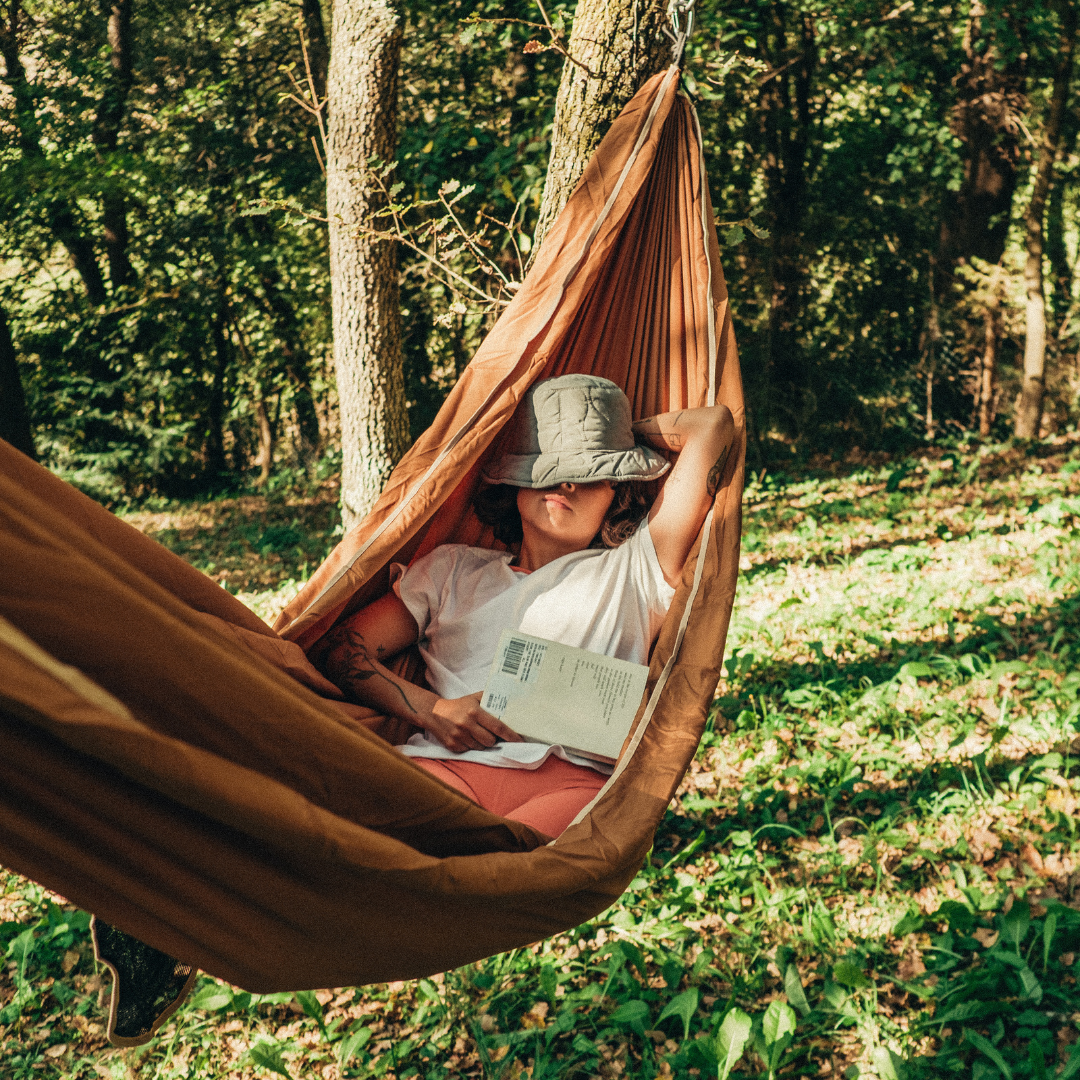
16. Recognize What Relaxes You
It may seem self-evident, but many individuals aren't particularly picky or imaginative about how they spend their free time.
Clinical psychologist Ryan Howes, Ph.D., says, “People frequently assume they're relaxing when they're actually not.” For example, maybe you consider spending a few hours browsing through Twitter relaxing.
For some, it may be relaxing, but for others, it is more stressful than anything else. Perhaps you push yourself to do activities you've heard are meant to be calming, such as meditating, sleeping, or having a bubble bath. Still, you find them uninteresting or useless. Relaxation does not come in a one-size-fits-all package.
You may want to rethink how you think about rest in the first place to begin figuring out what it means to you.
“Relaxation is not a single activity; it is the result of any activity,” Caraballo argues. And whatever hobbies help you relax is entirely up to you.
Learn about hobbies, different forms of physical exercise, different socializing methods, and self-care techniques.
After that, pay attention. “Ask yourself, ‘How do I feel now that I've completed this?' Do I have a sense of being rooted? Do I have a sense of security?
‘Do I have a good feeling about myself?' If that's the case, it should be on your to-do list as a method to unwind from the outside world,” Caraballo suggests. “And if it doesn't work, maybe you should try something different.”
If your go-to relaxation activities aren't genuinely relaxing and you don't know what else to try, it's time to go back to the drawing board and experiment.
That's OK. “Start small,” Caraballo advises. “Like, so insignificant that it's silly.” Sit for 30 seconds straight. Every day, do one deep-breathing exercise.” Then, take it from there.
17. Make Your Relaxation Time A Priority
The golden rule of rest is to be intentional. You must commit to relaxing for it to be successful. “Six hours of half-hearted relaxation isn't as beneficial as two hours of concentrated, deliberate relaxation,” Howes explains. The fact is that we often squander our sleep.
Email or social media might cause us to get sidetracked. We convert our pastimes into side hustles, robbing them of their pleasure.
We spend our downtime pondering our to-do lists. Because we don't know what we want, we allow ourselves to get distracted or roam between activities. Instead, practice saying to yourself, “OK, it's time to relax,” and understanding what it means.
Caraballo recommends asking yourself what you want to gain from it each time you rest. “To relax” or “to flee” are good beginning places, but being more explicit is preferable.
Do you need to get away from your job problems? Do you need to feel revitalized and ready to take on the world again? Do you need to relax and de-stress? Do you need to be calmed and soothed?
You may then figure out how to support your requirements by picking the correct activity and deciding which limits to set (such as not checking your phone or choosing the correct location or time) to make it happen.

18. Set Aside Time For Relaxation And Be Generous With It
When we don't plan, we're more likely to choose depending on our feelings. While this may occasionally work in our favour (for example, when we've had a long day and decide to rearrange our plans to have a peaceful night in), it can also work against us.
You won't get enough rest if you wait for the mood to strike or until you feel like you “deserve” to relax (more on that later). Even if it's only 15-minute bubbles here and there, you have to carve time out of your routine.
The most crucial aspect of a rest schedule is being honest about what you want and need. You shouldn't use your schedule to attempt to limit yourself; instead, use it to safeguard your time.
For example, if you know deep down that you want to spend a whole day on the sofa marathoning your favorite soothing TV program, permit yourself to do so right now.
Don't set aside an hour in the hopes of needing less time to relax, only to be disappointed when you eventually hit “Next Episode” repeatedly.

19. Schedule Some Time For Relaxing During The Week
Regarding self-restraint, it's easy to slip into an all-or-nothing mindset when it comes to slumber. Perhaps you work too hard throughout the week and only take time off on weekends.
Or maybe you convince yourself that you don't have enough time, availability, or resources to rest “properly,” so you don't.
When we do this, we risk not just burning out and making rest less effective in general, but we also gravitate to things that aren't relaxing as numbing.
Conclusion
Consider watching television or playing video games. I like pleasant, calming pastimes, yet I often feel guilty instead of appreciating them. Why?
Because I avoid them when I need to be productive, only to get drawn in for hours when I finally have a chance to plug in.
That kind of restraint, according to Caraballo, really works against our relaxation. “You may go into binges if you don't have smaller moments more often,” he explains.
Given that binges of any kind may lead to feelings of guilt, shame, and other emotions that interfere with our capacity to rest, it's much more beneficial to include relaxation in your routine regularly.
So, instead of saving certain activities for the weekend, try sprinkling them throughout the week and see how they go.
I trust you enjoyed this article on How To Make Someone Relax. Please stay tuned for more blog posts to come shortly. Take care!
JeannetteZ
>>>Please click here to read my all-inclusive article about Lessons That Will Teach You All About Stress<<<
>>>Are you interested in Natural Healing And Stress Relief through Herbs? Please click here for my #1 Recommendation<<<
Your Opinion Is Important To Me
Thoughts? Ideas? Questions? I would love to hear from you. Please leave me your questions, experience, and remarks about this article on How To Make Someone Relax in the comments section below. You can also reach me by email at Jeannette@Close-To-Nature.org.
You might also enjoy these blog posts:
The Most Stressful Life Events
How To Grow Pansies And Violas In A Container
The Most Stressful Jobs In The World
What Is The Difference Between Stress And Depression



